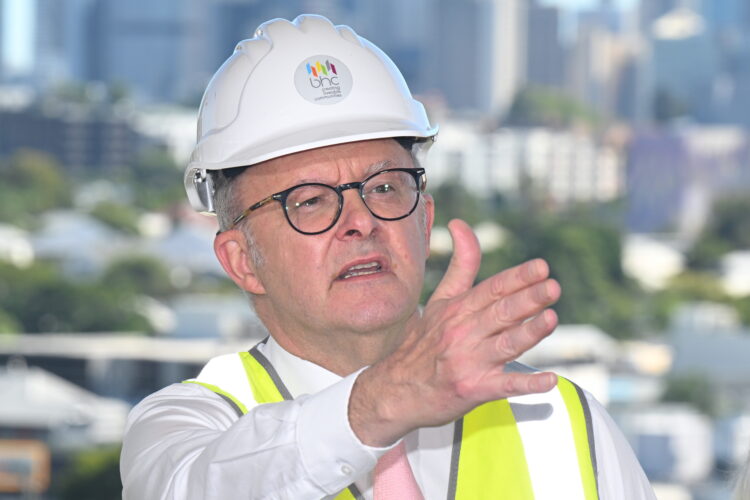AEC answers your election count questions
The AEC has released this lovely little resource – how does election night work.
Federal election counting 101: How does it work?
“Right, not rushed” is the AEC’s counting motto. Part of the reason that Australian elections have been highly valued and admired for so long is the ability for political participants and voters to have patience with the process.
Counting will start on election night at 6pm local time. It’ll occur in polling places around Australia and in the AEC’s central counting centres. Key information about that process is available below.
Where can the results be seen?
- Results will be updated progressively on the AEC’s Tally Room from after 6pm AEST. A link to the Tally Room will be available on the AEC website’s homepage on election night.
- Some media participants (mostly broadcast outlets) are receiving the media feed of raw election results. This data is the same as what appears on the AEC tally room but in a different format, able to be digested in specially built software for display.
- The tally room automatically refreshes every 90 seconds on election night and every fifteen minutes in the days afterwards. Each refresh will pick up the latest results available to be displayed at that time.
What is counted on Saturday night?
- All House of Representatives and Senate votes cast near a voter’s home division on election day will be counted that night.
- The majority of pre-poll votes cast for the House of Representatives (again, those cast near a voter’s home division) will also be counted on the night.
- Approximately 2,000 postal votes will also be counted in most electoral divisions on election night.
- This has been done previously at by-elections but is a first for this federal election. It provides a trendline for postal votes that analysts can use to assist in predicting results.
- The majority of postal vote counting commences in the days following a federal election. The AEC can receive completed postal vote packs up until 13 days after election day.
- House of Representatives votes are counted first. This includes a first preference count followed by a two-candidate preferred (TCP) count.
What is a two-candidate preferred count?
- On election night, the AEC is legally required to conduct an indicative preference count in each House of Representatives contest. After first preference votes are allocated and counted, votes are re-sorted into two piles – these piles are for the candidates deemed by the AEC as most likely to be the final two candidates in the count.
- This does not in any way discount preferences for other candidates but rather is just a mechanism to provide as early an indication of a potential result in each seat as possible.
- TCP counts, and the process for resetting TCP selections, is explained in more detail on the AEC’s website.
What time on election night will counts be reported?
- The short answer is that each count – from polling places, pre-poll centres and initial postal vote counts – will be published once they’re finalised. There is no hard and fast timing.
- It is reasonable to expect that some of the smaller polling places will have results posted from around 7pm local time with a steadier flow of mid-large sized polling places from around 8-8:30pm local time onwards.
- Pre-poll counts can be quite large. Generally, pre-poll counts start being displayed from around9:30pm local time through until quite late in the night. Results for postal counts will also start being displayed from around 9:30pm.
- All activities occur in the relevant time zones, so results from central and western time zones come in later than eastern states.
Will there be an overall result on election night?
- The first indications of results in individual House of Representatives divisions, and who will form government, are always made by electoral analysts and commentators.
- Whether or not a clear indication of a result is available on election night depends entirely on how close the margin in particular seats is, and how close the margin is in the number of seats in the House of Representatives.
- The AEC never officially declares results of a federal election on election night.

